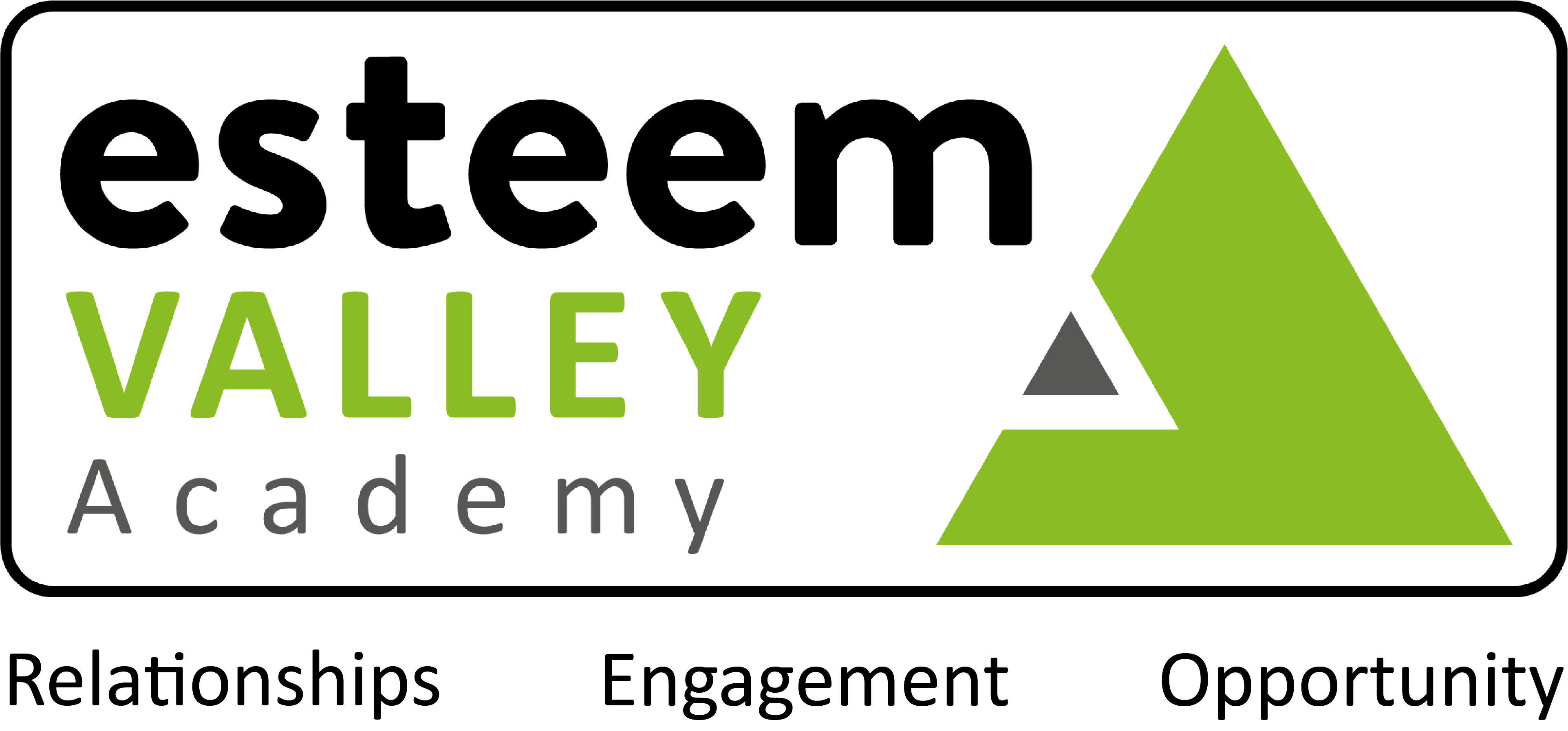Reading & Phonics
At Esteem Valley Academy, we take a balanced literacy approach towards developing student’s literacy skills. We believe that it is crucial that we instil literacy skills that provide the key components for cross-curricular access and learning, supporting language recognition, comprehension and communication within all subjects. We have adopted Rocket Phonics as our systematic synthetic phonics programme to teach phonics. Rocket Phonics lessons follow a Review, Teach, Practice and Apply structure. In primary, our phonics lessons are taught daily, and interventions are offered for KS3 and KS4 students who have gaps in their knowledge. This is identified during our baseline testing and staff target specific areas of weakness to enable rapid catch up. We track pupils to identify and respond to their individual learning needs. Our phonics curriculum enables all children to acquire knowledge, develop their vocabulary and have the tools to communicate their ideas and learning effectively, both orally and in writing. Dialogue and responsive conversation are embedded and endemic across all lessons.

Reading plays a key part across our curriculum in school and our day-to-day routines to allow students to access a full curriculum offer. Students reading is assessed on entry to school using NGRT to generate an accurate understanding of students understanding of language. In Primary, students read weekly to an adult to assess understanding and fluency. For those students that are on phonics stages they read daily to staff using texts matched appropriately to their current level, to support their progression. English lessons are based around a mystery text every term to encourage a love of reading and develop student’s understanding of the world. This is also done through daily story time which helps model oracy skills to our primary learners. In our secondary phase, reading is developed throughout all subjects. Texts in English are picked to challenge learners, whilst considering the context of our learners’ backgrounds and gaps in knowledge. A weekly reading lesson is provided in our KS3 curriculum to nurture a love of reading, but also used to support development in reading skills. This is further strengthened in our tutor time, through independent reading and guided reading with the form tutor using reciprocal reading techniques. For those students that come to us that struggle with their reading, intervention sessions are conducted weekly using reciprocal reading and Barrington Stokes books to improve fluency, word recognition and comprehension.

Reading is encouraged throughout the school and all subject areas play a part in teaching reading. This is done through the use of a variety of different texts, highlighting key language within each subject area. All students have access to high-quality reading opportunities irrespective of their cognitive levels and learning needs; these opportunities are tailored to the students to support functional communication and literacy with staff modelling the correct use of English and addressing poor language in a calm and fair manner. Reading books are pitched to support success in independent reading. All members of the school community are encouraged to take part in active reading whether part of lessons or form time. Storytelling is also an important activity in the school day. Primary students use Talk for Writing to improve their literacy ability and understanding of different types of genres whilst KS3 and KS4 focus on key skills and texts which are linked with common themes to develop student understanding in preparation for GCSE/Functional skills qualifications. We endeavour to expose students at all ages to a breadth of different genres and texts to deepen their knowledge of the world around them.
